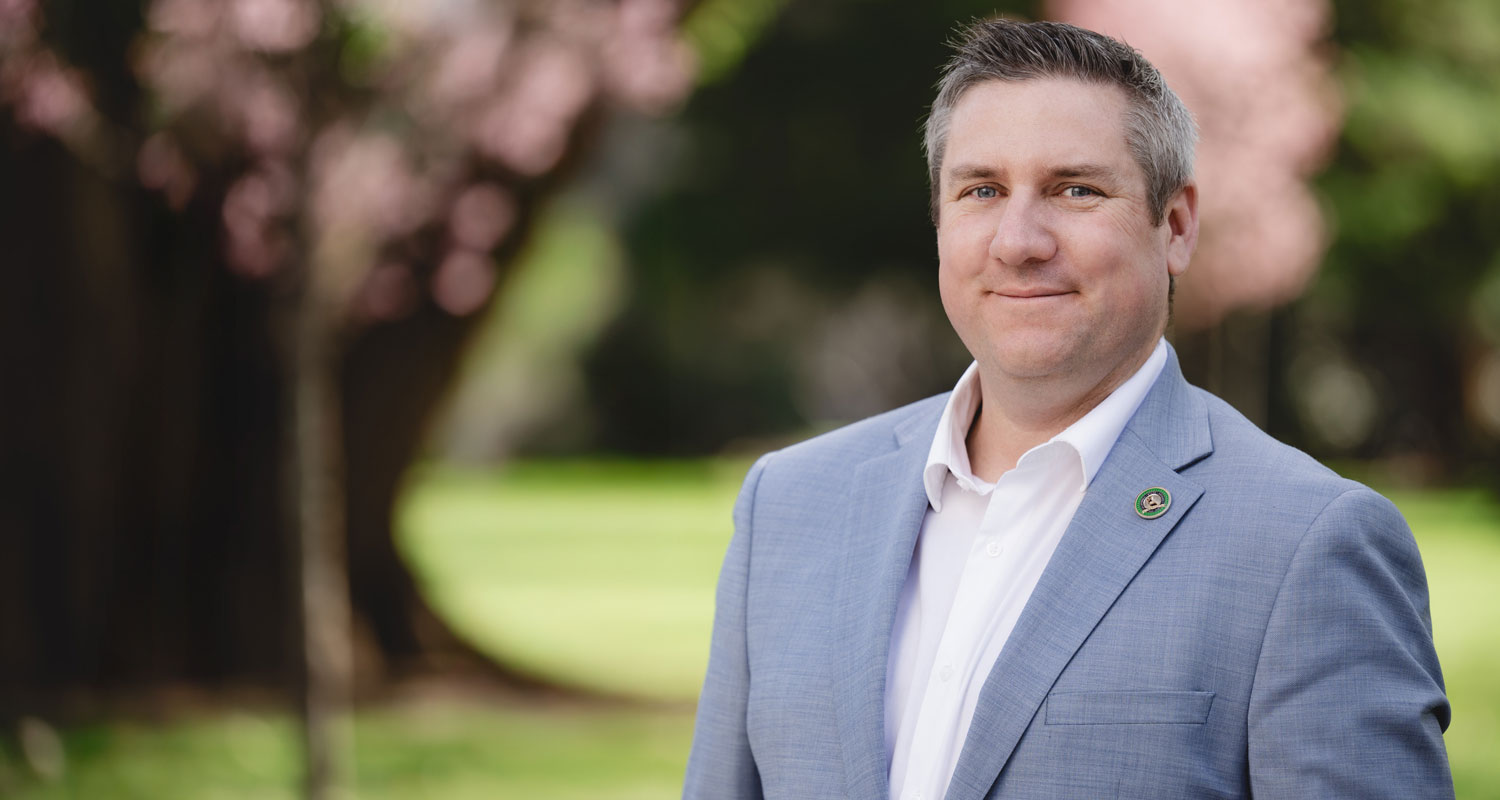
Welcome to the website of
Assemblymember Chris Rogers
Upcoming Event
Latest News
Critical Flavored Tobacco Enforcement Legislation Signed by Governor
SACRAMENTO, CA – On Friday, Governor Gavin Newsom signed AB 573 into law. Assemblymember Rogers (D-Santa Rosa) introduced this legislation in partnership with the American Cancer Society Cancer Action Network, American Heart Association, American Lung Association, and the Campaign for Tobacco-Free Kids to improve enforcement of the statewide ban on flavored tobacco products.
"Despite new laws to...
Legislation Protecting Tribal Water Rights and Salmon in Klamath River Watershed Passes Assembly
SACRAMENTO, CA – On Monday, AB 263 passed the state Legislature. The bill protects salmon populations in two key tributaries of the Klamath River watershed by keeping minimum flow requirements in place until the State Water Board can establish new long-term flow regulations. The bill is now headed to Governor's desk for his signature.
"The Shasta and Scott rivers are currently under emergency...
Legislation Supporting Foster Care Prevention for Tribal Children Passes Legislature
SACRAMENTO, CA – Assembly Bill 1378 has passed the California Legislature on a strong bipartisan vote and is now headed to the Governor's Desk. Assemblymember Rogers (D-Santa Rosa) introduced this legislation in partnership with the California Tribal Families Coalition, Pechanga Band of Indians, and Yurok Tribe to ensure tribal children remain connected to their families and communities through...
Legislation Protecting Access to Discount Medication Passes Assembly
SACRAMENTO, CA – Assembly Bill 1460, authored by Assemblymember Chris Rogers, passed the Assembly on Monday and is now headed to the Senate. The bill protects access to the federal 340B discount drug program for clinics and health centers. During the pandemic, pharmaceutical manufacturers started restricting access to the program by placing arbitrary limitations on the pharmacies that can be used...
Assemblymember Chris Rogers Introduces Critical Flavored Tobacco Enforcement Legislation
SACRAMENTO, CA – Assemblymember Rogers (D-Santa Rosa), in partnership with the American Cancer Society Cancer Action Network, American Heart Association, American Lung Association, and the Campaign for Tobacco-Free Kids, is authoring AB 573 to improve enforcement of the statewide ban on flavored tobacco products.
“Too many kids are getting hooked on flavored tobacco despite new laws to prohibit the...
Assemblymember Chris Rogers Honors Eileen Mitro as Assembly District 2 Woman of the Year
SACRAMENTO, CA – On Monday, Assemblymember Rogers (D-Santa Rosa) honored Eileen Mitro of Ukiah as “Assembly District 2 Woman of the Year” at the annual Woman of the Year floor ceremony in the state Capitol. This ceremony, hosted by the Legislative Women’s Caucus, is held every year in honor of Women’s History Month and features one honoree from each Assembly district.
“The work that Eileen has done...
Assemblymember Chris Rogers Introduces Legislation to Support Rural Healthcare Access
SACRAMENTO, CA – Last week, Assemblymember Chris Rogers (D-Santa Rosa) introduced AB 1460, a bill to prohibit pharmaceutical manufacturers from placing contract pharmacy restrictions on health care providers that utilize the federal 340B discount drug program to serve low-income communities. This legislation is sponsored by the California Partnership for Health and California Primary Care...


